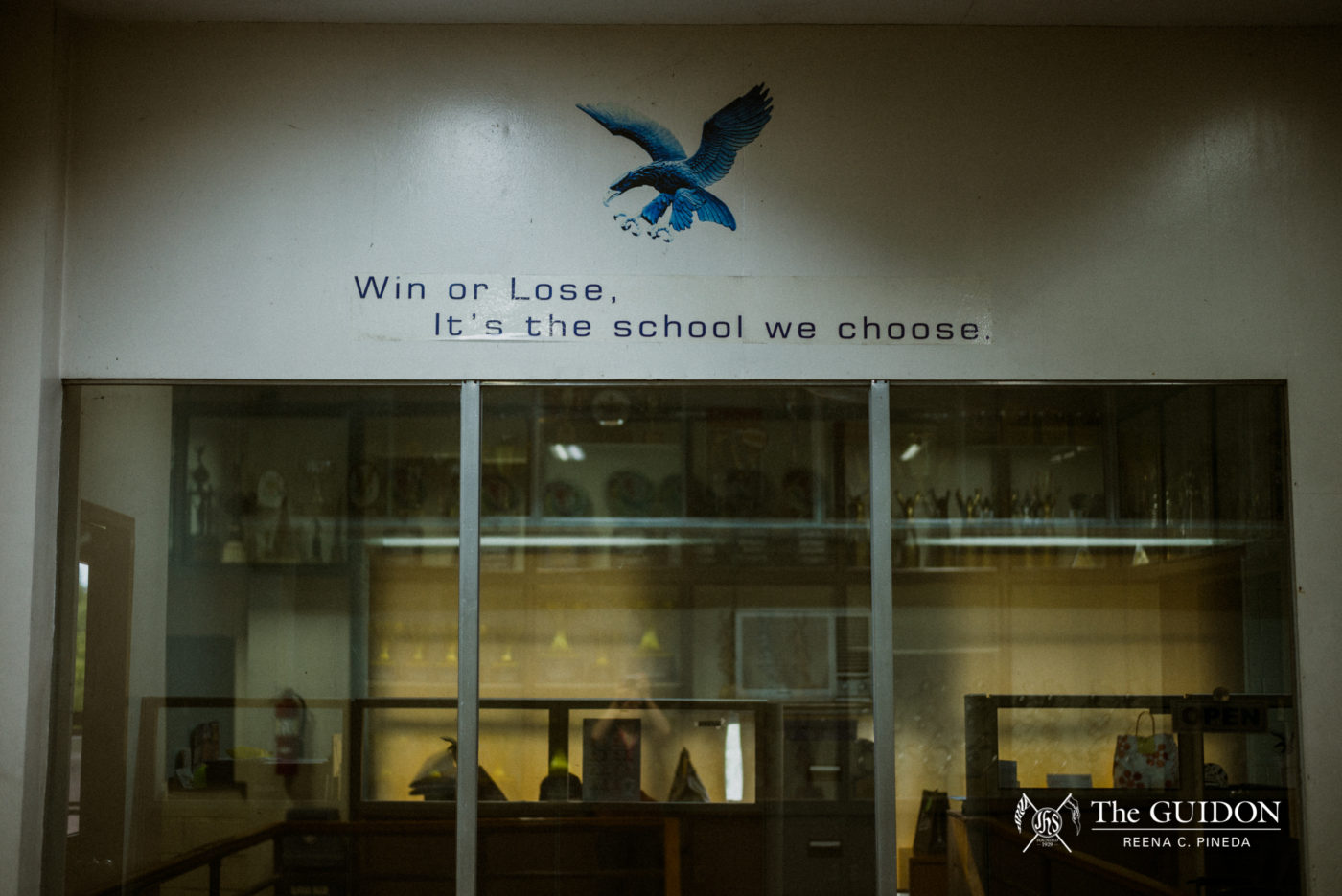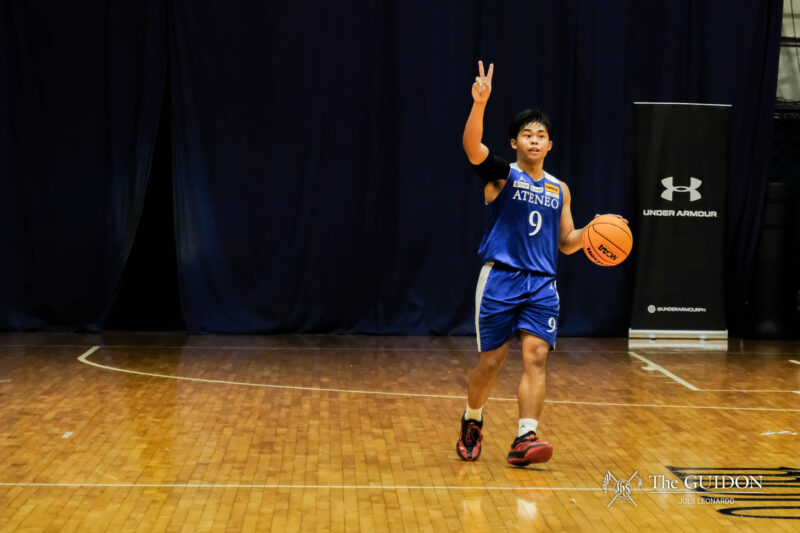THE ROLE of the University Athletics Office (UAO) is a facet of Ateneo sports that many students and casual fans find difficult to understand and appreciate. Usually, the UAO is seen as the plug for tickets to a big game, but what happens on the playing field is not possible without the administrative support of the UAO.
According to the office’s description found on the University’s official website, the UAO “strives to provide an environment supportive of the values formation and development of character and athletic prowess of varsity athletes in their pursuit of excellence…”
All participating teams in the University Athletic Association of the Philippines (UAAP), as well as official sports clubs and non-UAAP teams, receive support from the UAO in the form of enlistment assistance, finances, and collaboration with team managers. Given the University’s dependence on the UAO’s support for its sports program, the office greatly impacts the landscape of Ateneo sports. Therefore, there is a need to make sure that the athletic coordinators who work within and around the teams have the athletes’ best interests in mind.
The recent appointment of Nemesio Que, SJ as Assistant to the President for University Athletics means that he will serve as the interface between the University President and the UAO, thus sparking the conversation about athletic management even further. The pressing question when it comes to handling athletics for the University is this: Is an athlete, coach, or team manager better suited to handle athletics for a university than a priest, professor, or businessman with a different expertise?
Both sides of the ball
For one, having an “outsider” work within close quarters of the team—like Fr. Que, who as a priest can offer spiritual formation—may contribute to the athletes’ growth beyond the playing field. An athletic coordinator from a different field can evaluate decisions from an alternative perspective or apply complementary expertise to inform choices more thoroughly. These coordinators can also utilize their networks in fields outside the sports circuit to secure partnerships and assist in building a more well-rounded team around the talent.
Although, when it comes down to it, managers from different fields offer perks (e.g., holistic formation) that are not necessarily part of an athletic coordinator’s job description. Besides, student-athletes are still entitled to receiving holistic formation through many different avenues available in Ateneo such as the PRAXIS programs, student organizations, and other offices catering to student welfare and formation. If anything, the availability of formative activities outside the athletic program suggests that athletic coordinators should and can afford to focus primarily on the performance of the team.
Takes one to know one
It’s in enhancing a team’s performance that those groomed in sports management are best equipped to deliver. Knowing the day-to-day strain of university athletics firsthand produces a grasp of its ins and outs that is difficult to replicate. As athletic managers, team management and development are integral to their job description, and their background in training, strategy, and administrative work will allow them to fulfill these duties to a standard that other fields cannot match without the same experience or specialization. Most importantly, their understanding of the nuances of student-athlete life enables them to give meaningful and empathetic advice specific to the team’s needs—something that a third-party coordinator will not be able to provide.
While both archetypes have their unique advantages, athletic coordinators who specialize in sports management are best suited to handle athletics for the University because of their understanding of the student-athlete experience. Having them directly handle the team to serve as exemplary and empathetic figures will go a long way towards meeting the athletes’ physical, mental, and emotional needs. Meanwhile, those with other expertise can take on roles as consultants to complement the athletes’ development outside the athletic setting.







